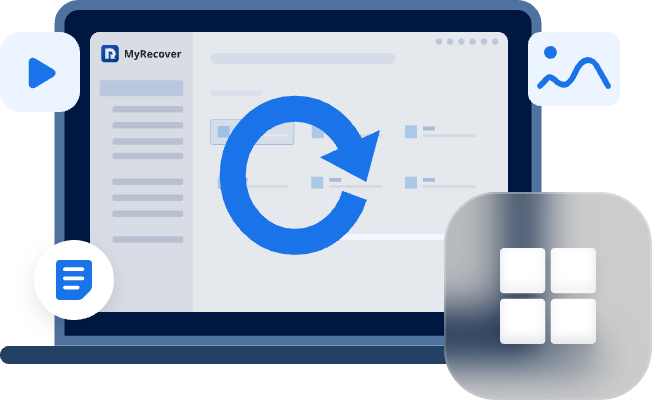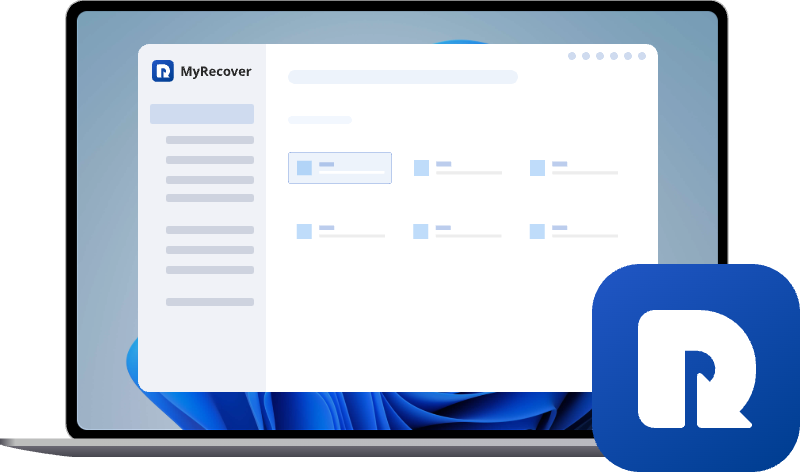What Happens When Recycle Bin is Full Windows 10/11
Ever wondered what happens when recycle bin is full Windows 10/11? Files you delete may skip the bin and be permanently removed. Learn how to adjust storage settings, increase bin size, and manage files safely to prevent accidental data loss in Windows 10/11.
Introduction
We’ve all done it—hit delete and assumed the file would sit safely in the Recycle Bin forever. But the Recycle Bin isn’t a bottomless pit. It’s more like a holding tank with a finite capacity. Once full, Windows quietly starts managing the space on its own, often deleting or bypassing files without asking you first. If you’re curious (or worried) about what really happens behind the scenes, this guide explains it all in plain English.
Understanding the Recycle Bin
Purpose of the Recycle Bin
The Recycle Bin was created as a safety net to catch files you delete by mistake. Before its introduction, deleting a file was final and often irreversible. Today, the Recycle Bin gives you a chance to restore accidentally deleted files, almost like a digital undo button for your desktop.
How the Recycle Bin Works
When you delete a file, it’s not actually erased from your hard drive. Instead, Windows marks its space as available but moves the file reference into the Recycle Bin. This is why you can restore it quickly. Each drive in your computer—whether an SSD, HDD, or external drive—gets its own hidden Recycle Bin folder with an allocated space limit. When that space is full, Windows takes action automatically.
What Happens When the Recycle Bin is Full
Let’s break down what happens when the Recycle Bin reaches its limit.
Warning Messages from Windows
One of the first signs your Recycle Bin is full is a pop-up message from Windows. When you delete a file, it might warn you: "Are you sure you want to permanently delete this file?" This message indicates that the file can’t fit in the Recycle Bin and will be erased permanently if you proceed.
Automatic File Deletion
The Recycle Bin works like a conveyor belt: as new files come in, old ones drop off. When it’s full, Windows automatically deletes the oldest files to make room for new ones. This "first in, first out" approach prevents the Bin from hogging too much space but can lead to unintentional data loss if you weren’t ready to lose older files.
Overwriting Older Files
Once the Bin starts removing files, the disk space previously occupied by those files becomes available for new data. This means if you wait too long to recover something, it may be partially or completely overwritten, making recovery harder or impossible.
Permanent Deletion Without Notice
If the file you’re deleting is larger than the Recycle Bin’s remaining space—or if you’ve configured Windows not to use the Bin at all—it’s deleted permanently without warning. This can be especially risky when dealing with business documents, client files, or large creative projects.
Reduced System Performance
A bloated Recycle Bin can slightly slow down your computer, especially during disk-intensive tasks. It’s like dragging a full backpack everywhere — your system works harder to keep up.
Why Windows Manages Recycle Bin Space
Storage Allocation Per Drive
Windows gives each drive its own Recycle Bin allocation. For example, your C: drive might have 5GB reserved, while your D: drive gets 2GB. This ensures that no single drive loses too much space to "deleted" files.
Benefits of Limited Capacity
Limiting the Bin’s capacity ensures your hard drive isn’t held hostage by old files. Without limits, your disk would slowly fill up with "deleted" data you don’t even realize is still there. The system’s automatic purging keeps your storage under control and your PC running smoothly.
How to Prevent Data Loss When the Recycle Bin is Full
1. Empty the Recycle Bin Regularly
The simplest way to avoid problems? Empty it regularly. Right-click the Bin icon and select Empty Recycle Bin. This frees up space, ensures your Bin doesn’t overflow, and reduces the risk of losing newer files you might need later.
2. Increase Recycle Bin Size
If you frequently handle large files, increase the Bin’s size allocation:
1. Right-click the Recycle Bin icon and choose Properties.
2. Select the drive you want to adjust.
3. Increase the maximum size to suit your needs.
This gives you a larger safety net and reduces the chances of automatic deletions.
3. Use Disk Cleanup Tools
Windows has built-in tools like Disk Cleanup or Storage Sense to help you clear out junk automatically. Think of it as hiring a cleaning service for your PC.
4. Enable "Don’t Move Files to Recycle Bin" Option
If you’re short on space or confident about deletions, you can bypass the Bin entirely:
1. Right-click the Recycle Bin and go to Properties.
2. Select "Don’t move files to the Recycle Bin. Remove files immediately when deleted."
3. Click Apply.
Use this option with caution—files will be permanently deleted with no second chance.
Data Recovery Options After Deletion
1. Restore Files Before Emptying
If you’ve deleted something but haven’t emptied the Recycle Bin yet, right-click the file and select "Restore". It’ll go back to its original location.
2. Use File Recovery Software - MyRecover
If your file is already gone, specialized recovery software can save the day. MyRecover is a great option for quickly recovering lost files, even if the Recycle Bin has already purged them.
1. Download and install MyRecover.
2. Launch the software and select the drive where the deleted files were stored.
3. Run a scan quickly to find recoverable files. For finding more recoverable files, you can choose a deep scan.
4. Preview files and recover what you need with one click.
Extra Tips for Managing Deleted Files
Use Cloud Storage for Safety
Cloud services like Google Drive, OneDrive, and Dropbox offer built-in versioning and backups. Storing important files in the cloud reduces your reliance on the Recycle Bin for recovery.
Keep Important Backups on External Drives
External hard drives or SSDs provide an additional safety layer. By maintaining regular backups, you protect yourself from losing crucial data—even if your PC crashes or your Recycle Bin purges files unexpectedly.
Conclusion
The Recycle Bin is a helpful safety net, but it’s not infinite. When it’s full, Windows deletes or bypasses files to manage space, which can lead to unexpected data loss. By regularly emptying the Bin, increasing its size, and using recovery software like MyRecover, you can keep control of your files and avoid losing something important. Treat the Recycle Bin like a real trash can: don’t let it overflow, and always have a plan for what you throw away.


